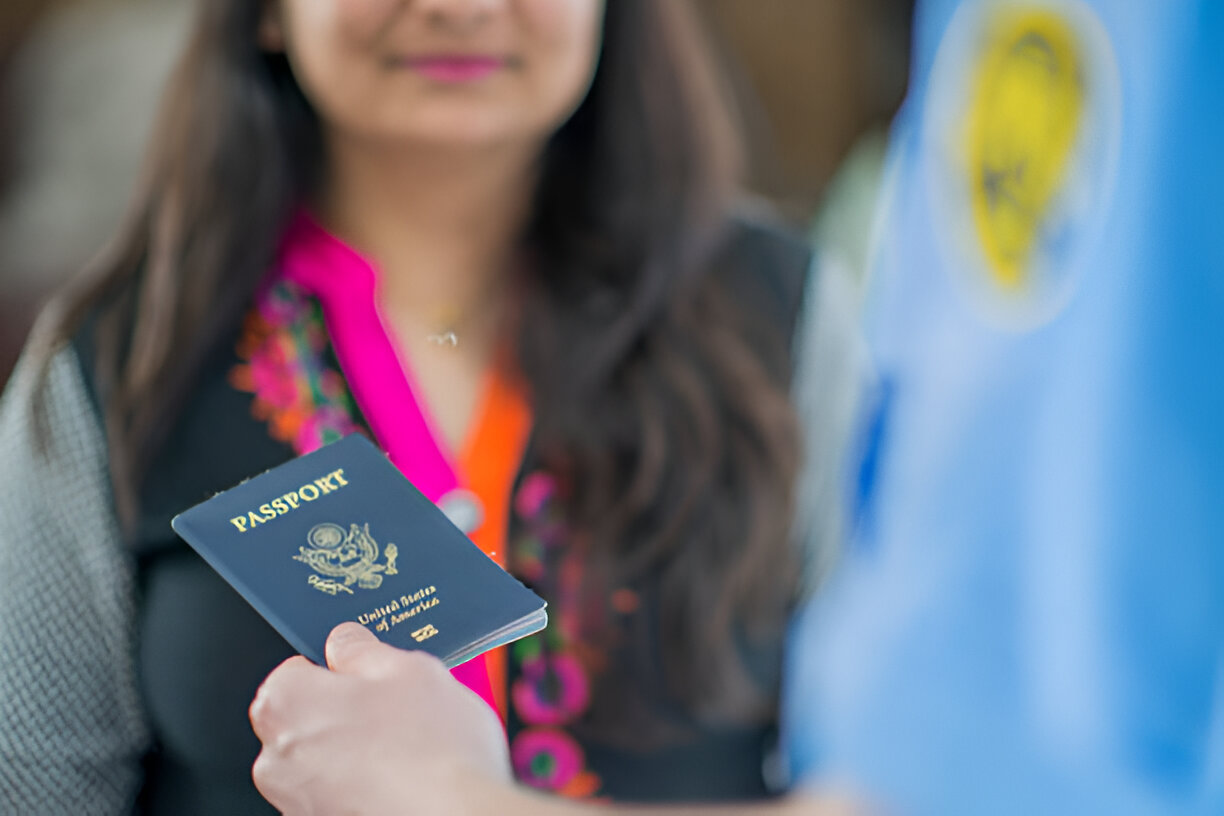If you’re a Pakistani student heading to Turkey, you’re in for an exciting cultural adventure. Turkey is a country rich in history, tradition, and diverse cultural experiences. Here’s a look at what you can expect and enjoy during your time in Turkey.
Vibrant Traditions and Festivals
Turkey is known for its lively festivals and traditions. One of the most famous festivals is Ramadan, which is celebrated with great enthusiasm. During this month, you’ll experience the communal spirit of fasting, special prayers, and iftar meals. It’s a wonderful time to learn about Turkish customs and share in the joy of breaking the fast with locals.
Another significant festival is Kurban Bayramı (Eid al-Adha), a time when families come together to celebrate with traditional meals and rituals. These festivals provide a unique opportunity to witness and participate in Turkish customs.
How Can I Apply for Scholarships to Study in Turkey?
Delicious Turkish Cuisine
Turkish food is a highlight of the cultural experience. You’ll find a variety of delicious dishes such as kebabs, börek (a type of pastry), and baklava (a sweet dessert). Eating out at local restaurants will give you a taste of traditional Turkish hospitality. Be sure to try lahmacun (Turkish pizza) and çay (Turkish tea) as well!
Turkish cuisine is not only tasty but also reflects the country’s rich history and diverse influences. It’s a great way to experience the culture through food.
Historical and Cultural Landmarks
Turkey is home to numerous historical and cultural landmarks. Istanbul is a city where East meets West. The Hagia Sophia and Topkapi Palace are must-visit sites that offer a glimpse into Turkey’s rich history. The Grand Bazaar is another fascinating place where you can shop for unique souvenirs and experience the hustle and bustle of Turkish markets.
Cappadocia is famous for its unique landscape and hot air balloon rides. It’s a great place to explore the natural beauty of Turkey and learn about its geological wonders.
How Do I Choose the Best Overseas Education Consultant?
Language and Communication
While Turkish is the official language, many people in Turkey speak English, especially in universities and tourist areas. However, learning a few basic Turkish phrases will help you navigate daily life and connect with locals. Simple greetings like “Merhaba” (Hello) and “Teşekkür ederim” (Thank you) can go a long way.
Social Life and University Culture
Turkish universities are known for their vibrant social life. You’ll have the chance to join various clubs and organisations. From sports to arts, there are many activities to get involved in. It’s a great way to meet new people and make friends.
Student life in Turkey often includes social gatherings, group outings, and cultural events. These activities are perfect for experiencing Turkish culture firsthand and making lasting memories.
Hospitality and Warmth
Turkish people are known for their warm hospitality. You’ll often find that locals are eager to help and share their culture with you. Whether you’re visiting a family home or exploring a new city, you’ll be welcomed with open arms. This friendliness is a big part of Turkish culture and will make your stay enjoyable and memorable.
Education and Academic Experience
Turkish universities offer a high standard of education. You’ll experience a blend of traditional and modern teaching methods. Classes are often interactive, and there’s a strong emphasis on critical thinking and research.
In addition to academic learning, you’ll also gain insights into Turkish culture through various university events and activities. These experiences will enrich your understanding of Turkey and its people.
Cultural Etiquette and Customs
Understanding cultural etiquette is important. Turkish people value respect and politeness. When visiting someone’s home, it’s customary to bring a small gift, such as sweets or flowers. Also, dressing modestly, especially when visiting religious sites, shows respect for local customs.
In social settings, punctuality is appreciated. Being on time for meetings and events reflects your respect for others’ time.
Contact us today!
Embrace Your Turkish Adventure with International Group of Education
Are you excited about studying in Turkey? The International Group of Education is here to support you every step of the way. Our expert team can help you navigate the cultural landscape, find the best academic programs, and make the most of your time in Turkey.
From assisting with your application to offering guidance on settling into your new environment, we are dedicated to making your experience smooth and enriching. Don’t miss out on this opportunity to immerse yourself in a new culture and enhance your academic journey. Contact us today to start your adventure with confidence!
Frequently Asked Questions
1. What is the best way to learn Turkish quickly?
Engage in daily practice with language apps, take a Turkish language course, and interact with native speakers. Immersing yourself in Turkish media like movies and music also helps in learning quickly.
2. Are Turkish universities expensive for international students?
Tuition fees vary by university and program. Generally, Turkish universities offer affordable rates compared to many Western institutions. Scholarships and financial aid are also available to help manage costs.
3. How safe is Turkey for international students?
Turkey is generally safe for international students. Follow local advice, stay aware of your surroundings, and respect cultural norms. Most cities have a strong student community and support systems for newcomers.
4. Can international students work while studying in Turkey?
Yes, international students can work part-time during their studies. Ensure you have the necessary work permit and check with your university’s international office for guidelines on balancing work and study.
5. What is the cost of living in Turkey for students?
The cost of living in Turkey is relatively low compared to many other countries. Expenses include accommodation, food, transportation, and leisure. Student budgets vary depending on location and lifestyle.
6. How can I find accommodation in Turkey?
University dormitories, private student housing, and shared apartments are available. You can find listings through university boards, online platforms, and local real estate agents. Start searching early to secure a suitable place.
7. What cultural etiquette should I be aware of in Turkey?
Respect local customs by dressing modestly, removing shoes when entering homes, and greeting with a handshake. Show politeness, especially in social and religious settings, and learn a few Turkish phrases to connect better with locals.



